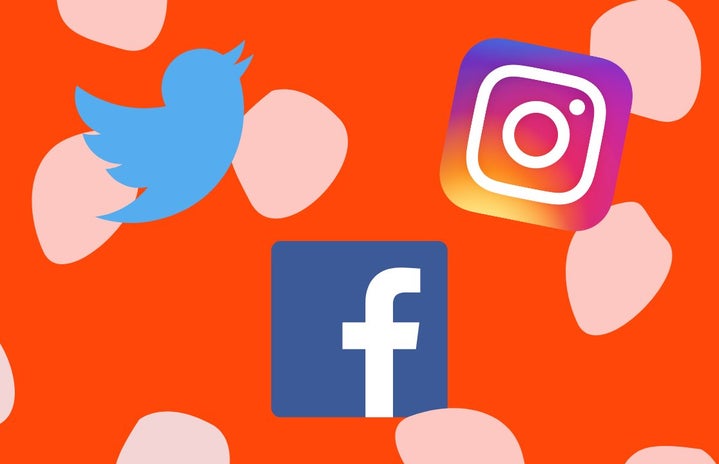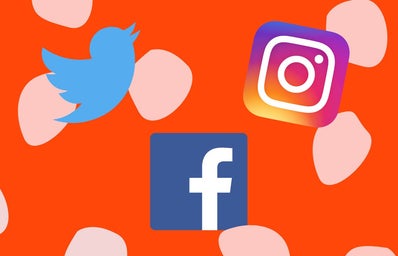Every few weeks, I hear the same story. Some celebrity gets called out for being racist or sexist (always those decade-old tweets that resurface), and society is divided on whether or not they’re being wrongfully canceled. More often than not, stars just have a lot of people commenting negative things under their posts on Instagram. This confusion surrounding criticism and canceling has led to every instance of a celebrity receiving negative attention being considered canceling.
Canceling or Criticism?
To put it simply, people are getting canceling and criticism confused. On one hand, canceling is the collective act of either successfully or attempting to culturally de-platform someone in the public eye. This is usually attempted as a large group based on something a public figure did that seemed out of line. On the other hand, criticism, at least in this context, is simply showing disapproval for something someone in the public eye said or did. Both individuals and groups can criticize a public figure, but this is typically negative comments being thrown their way without any lasting, major repercussions (like loss of money, job loss, de-platforming, etc.).
What we do see most often is varying levels of criticism for a celebrity or their actions. This criticism aims to point out faults in a celebrity or what they’ve done. This criticism is usually overwhelmingly negative, so people assume the public figure is being canceled. Criticizing a celebrity for doing something wrong isn’t canceling, it’s accountability. It’s not far off from telling your friend that they said something that made you uncomfortable and deciding to take a step back from that friendship for a few days.
Cancel culture has its own faults, but as long as a famous person still has a platform and an active fanbase, they haven’t truly been canceled, just heavily criticized. At most, they are just disliked by a slightly larger section of the population than they were before. Once the storm blows over, they’re able to continue on as if nothing happened with the exception of the relatively small group that dislikes them and continues to remind the public. People tend to forget that canceling someone takes much more than a relatively small group of Twitter users sharing their opinion.
The difference is subtle but important, especially in cases where public figures genuinely need to be held accountable but not necessarily canceled. Next time you see that someone got canceled, be sure to question whether or not they’ve just been criticized.


